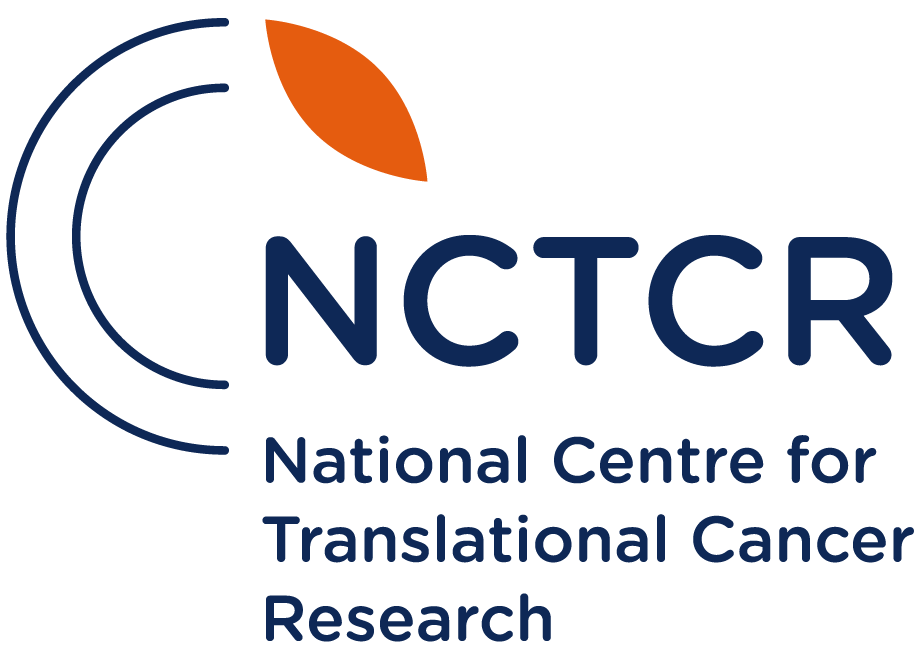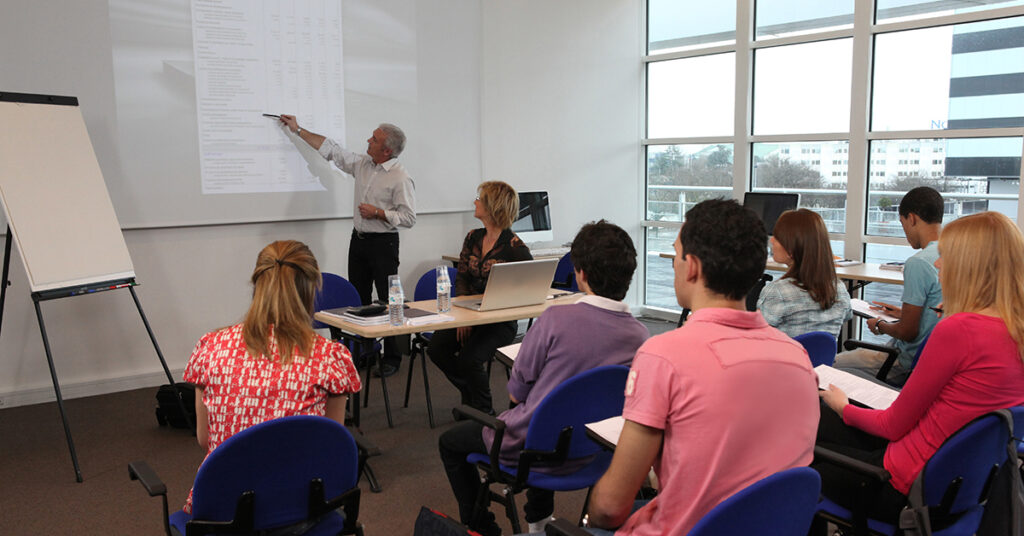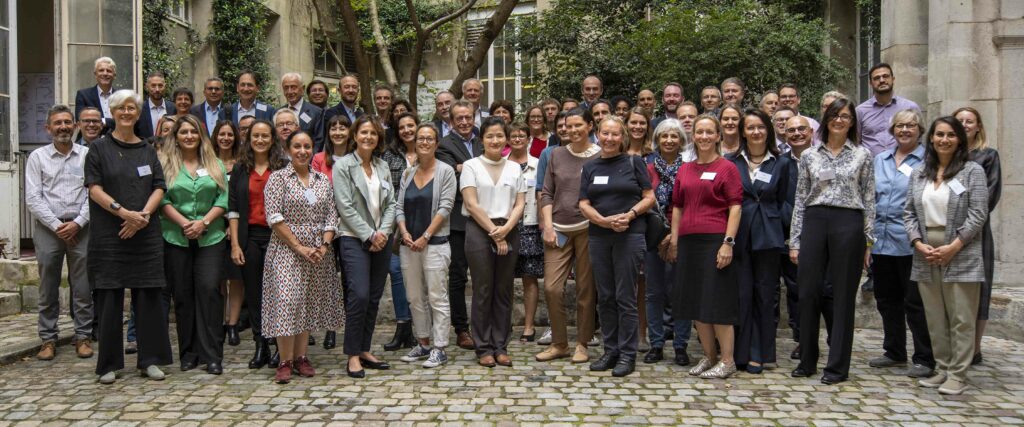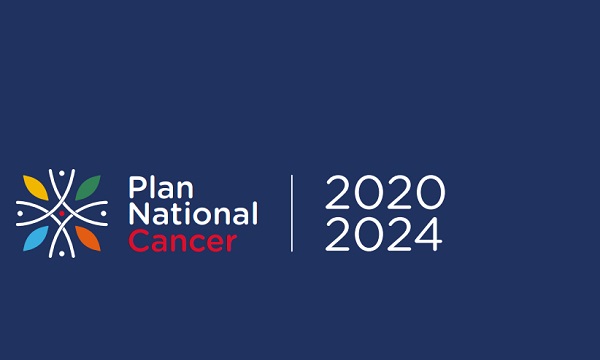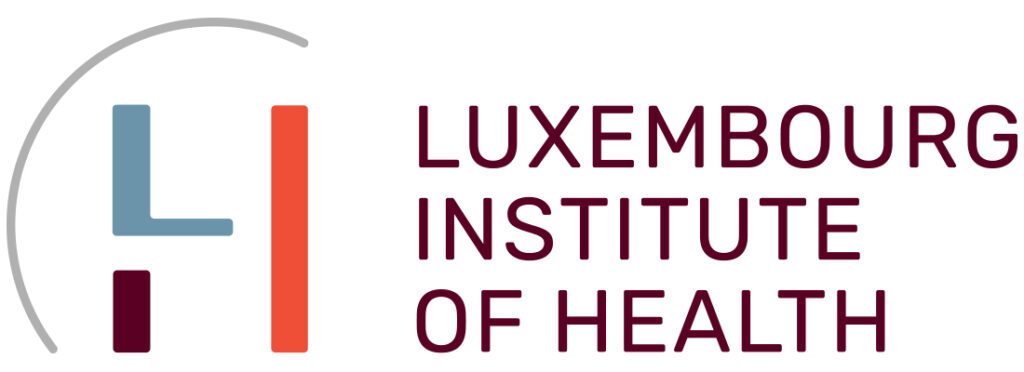Call for Interest in Translational Cancer Research
Please note that the call is now closed

A call was launched to identify collaborative translational research projects focused on the domains below. The selected proposals will be integrated into the next phase of the final application to the sponsors. Integrative proposals covering more than one thematic involving clinicians and scientists was appreciated.
Prevention & Care
High resolution epidemiology data impacting on life style, quality of care and quality of life. This thematic will focus on improving prevention, early cancer detection, quality of treatment and quality of life. It will make use of high resolution data from the cancer registry and connect with secondary data sources (e.g. socioeconomic databases).
Digital Technologies and Patient Reported Outcomes
Patient-centric cancer care and research. The use of digital technologies will be investigated for real-life monitoring of cancer patients: to promote the inclusion of Patient-Reported Outcomes in routine cancer care and to identify digital biomarkers for personalized cancer care.
Multi-omics Patient Profiling
Precision oncology to improve cancer diagnostic and treatment. Comprehensive molecular profiling of patient tumors and the tumor ecosystem. This includes e.g. genomics, epigenetic profiling, transcriptomics, immunophenotyping as well as development of bioinformatic pipelines for integrative data analysis.
Complex Patient-based Models
Improving pre-clinical model systems for clinically relevant output. Application of complex patient-based pre-clinical models incorporating components of the tumor microenvironment and immune system, (e.g patient-derived organoids, iPSC, organ-on-a-chip, microfluidics, in vivo humanized models), leading to clinically relevant drug/target validation and treatment advice (e.g. Personalized Functional Profiling, PFP).
Innovative Immunotherapies
Focus on experimental cellular immunotherapies.
Cell-based immunotherapies represent a promising breakthrough for cancer treatment and an active research focus to benefit from the full capacity of the immune system. Efforts for off-the-shelf solutions or personalized approaches of cellular adoptive immunotherapies could be envisaged to become available to cancer patients in Luxembourg.
Data Integration & Analysis
Making sense of large scale clinical/biomedical data. Various omics-data, clinical and imaging data will be generated or collected throughout the program, requiring high level bioinformatics pipelines for integrative analysis and development of AI-driven applications to improve diagnostics, treatment-decisions and patient care.
Call Guidelines
The call is closed now
Review and ranking will be done by the SAB of the NCTCR INITIATE project. The evaluation will be based on scientific merit, translational impact and strategic fit into the program. The final assessment for integration into the proposal is subject to the NCTCR steering committee.
Feedback to applicants will be communicated before the end of September 2022.
Contact : Simone Niclou
Scientific Advisory Board
Stephan Fröhling, Director NCT Heidelberg, Germany
Gilles Favre, Director CRCT Toulouse (IUCT-Oncopole), France
Otto Visser, Director Netherlands Comprehensive Cancer Organization (IKNL), Netherlands
